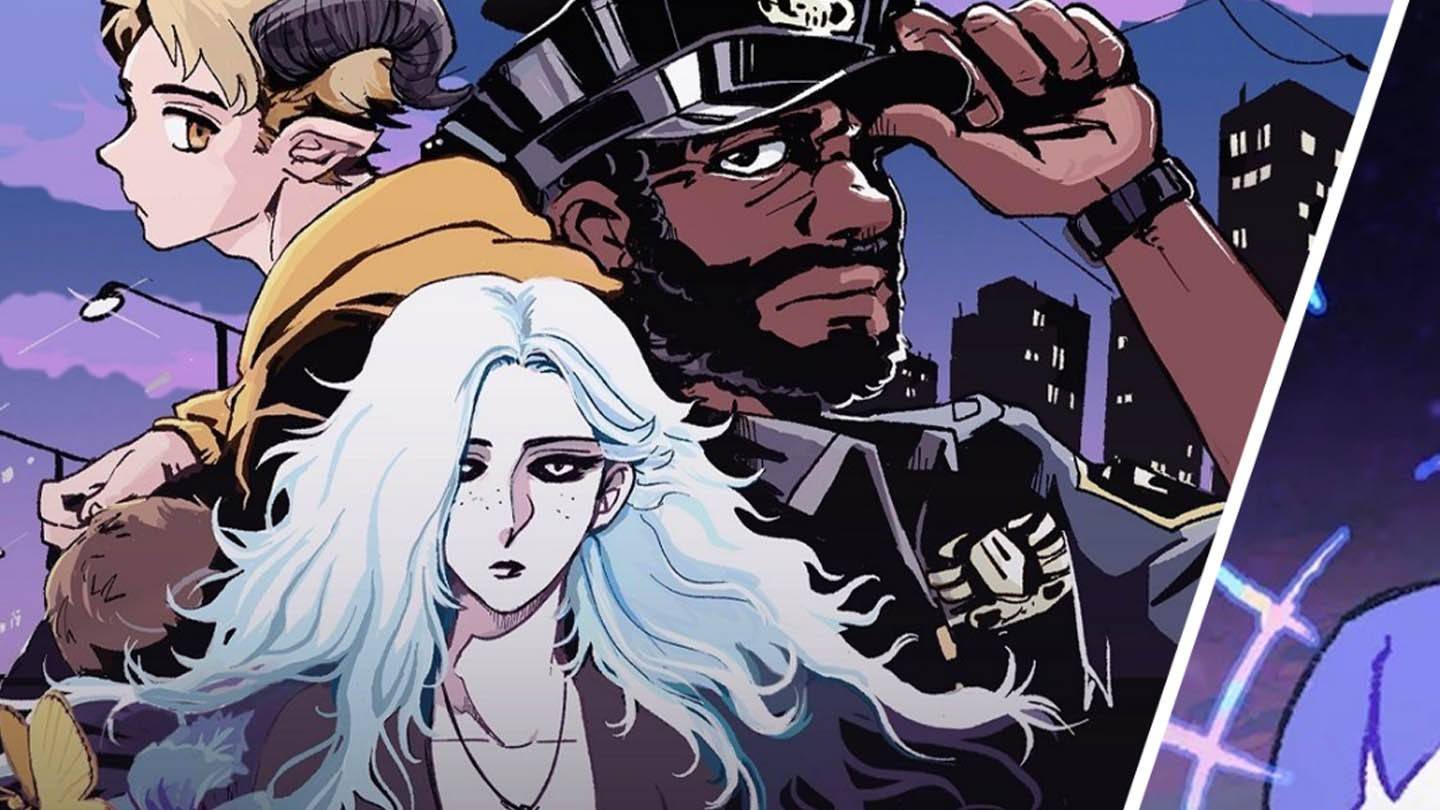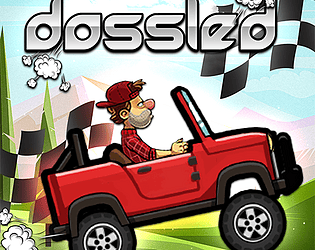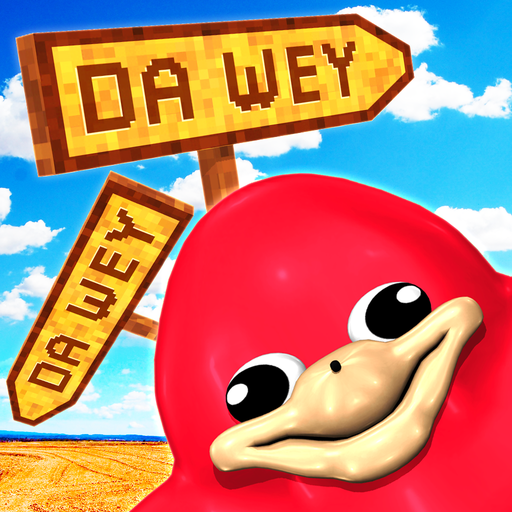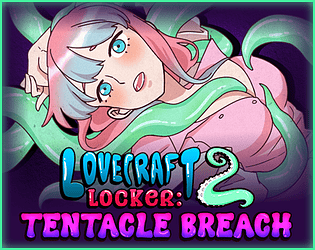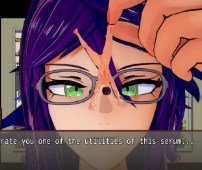A former PlayStation narrative director, Kim MacAskill, has launched a petition urging the creators of the Until Dawn movie to properly credit the game's original writers. As reported by Eurogamer, MacAskill's initiative aims to push Sony to set a new standard for crediting in transmedia adaptations.
In her petition, MacAskill expressed frustration over the lack of recognition for the game developers, stating, "I've just left Until Dawn where the film director, writers, etc, were all credited, but instead of [Sony] mentioning the leading game dev(s) who created this ICONIC game you're clearly proud of, [Sony] just wrapped it as 'based on the Sony game'. They spent years breaking their brains to make something incredible, and the world DESERVES to know their names... instead… No credit. No thanks. No honor."
Further elaborating on LinkedIn, MacAskill compared the treatment of Until Dawn to HBO's adaptation of The Last of Us, which credits both the studio Naughty Dog and its writer and director, Neil Druckmann. She highlighted the disparity in crediting practices within Sony, noting that she was told by Sony executives that her personally created IP would never be credited to her due to her salaried status, which included no royalties, control, ownership, or acknowledgment.
MacAskill's petition calls for Sony to revise its approach to IP crediting in transmedia adaptations, suggesting that providing an executive producer credit or similar acknowledgment would honor the creators whose vision and passion have significantly influenced the entertainment industry. She emphasized the importance of recognizing creative voices to inspire future generations of creators.
In other news, it was announced that Until Dawn Remastered will be available as part of the PlayStation Plus games for May 2025, possibly as a promotional move ahead of the Until Dawn movie release. However, the movie itself received a lukewarm reception, earning a 5/10 in IGN's review, which criticized it for failing to capture the horror game's promise and instead offering a disjointed collection of horror-movie tropes.



